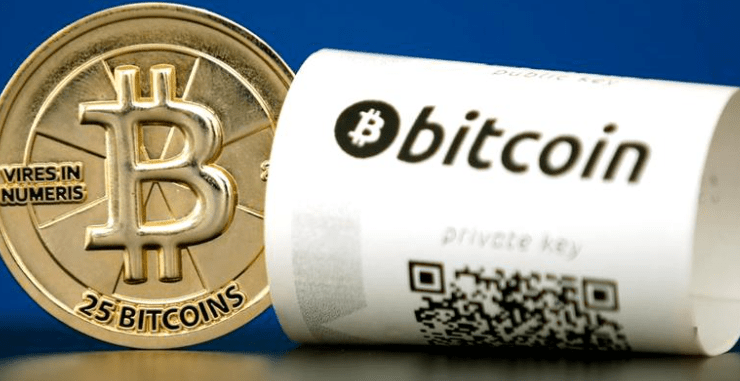
Bitcoin could become the second national currency in El Salvador, a country for which more than 20% of revenues come from Bitcoin payments made by citizens working abroad.
Bitcoin and cryptocurrencies in general are viewed with suspicion by most governments in the world, which rightly consider them means to facilitate money laundering, tax avoidance, uncontrolled export of capital across borders, risky investments, and so on. But not El Salvador, a country already in a precarious economic situation, which has come to see Bitcoin as a safer alternative to its own national currency.
President Nayib Bukele has said he will propose a bill that makes Bitcoin a legal means of payment, along with the US dollar. The government would team up with digital wallet company Strike to build a financial framework around the famous cryptocurrency.
Strike founder Jack Mallers has argued that Bitcoin will help countries like El Salvador protect themselves against the “potential shocks” of traditional currency-induced inflation. However, it seems to ignore the extreme volatility for which Bitcoin and cryptocurrencies in general are famous. In fact, in the last month alone, the Bitcoin currency has lost about 50% of its value.
The bill will likely be passed when Bukele’s party takes control of the Legislative Assembly in El Salvador.
Far from being the measure of a visionary government, accepting Bitcoin as a legal means of trading comes as an attempt to capture more of the money sent to the country by citizens working abroad. Forced to cooperate with cryptocurrency exchanges that operate in an atmosphere of legislative vacuum, citizens who go abroad often face high trading fees, as well as unjustified delays in transferring money to the accounts of relatives and family at home. Bitcoin and other cryptocurrencies could make these transfers more practical and immediate. In addition, the close collaboration with the developer Strike, which has become the most popular cryptocurrency exchange application in the country, when it was launched in March, will ensure a real record of capital inflows and outflows. Obviously, those involved in illicit activities will continue to bypass official trading channels, but at least it is a step in the right direction.
However, the volatility of Bitcoin remains a risk factor that the authorities in El Salvador, the income but also the savings of citizens can decrease almost overnight.
Also, simply accepting crypto payments is not automatically a guarantee of success. Venezuela did not go far with its Petro currency, although it was intended primarily as an avoidance of international sanctions.

Robert J. Smith is still early into his career as tech reporter but has already had his work published in many major publications including JoyStiq and Android Authority. In regards to academics, Robert earned a degree in business from Fordham University. Robert has passion for emerging technology and covers upcoming products and breakthroughs in science and tech.






